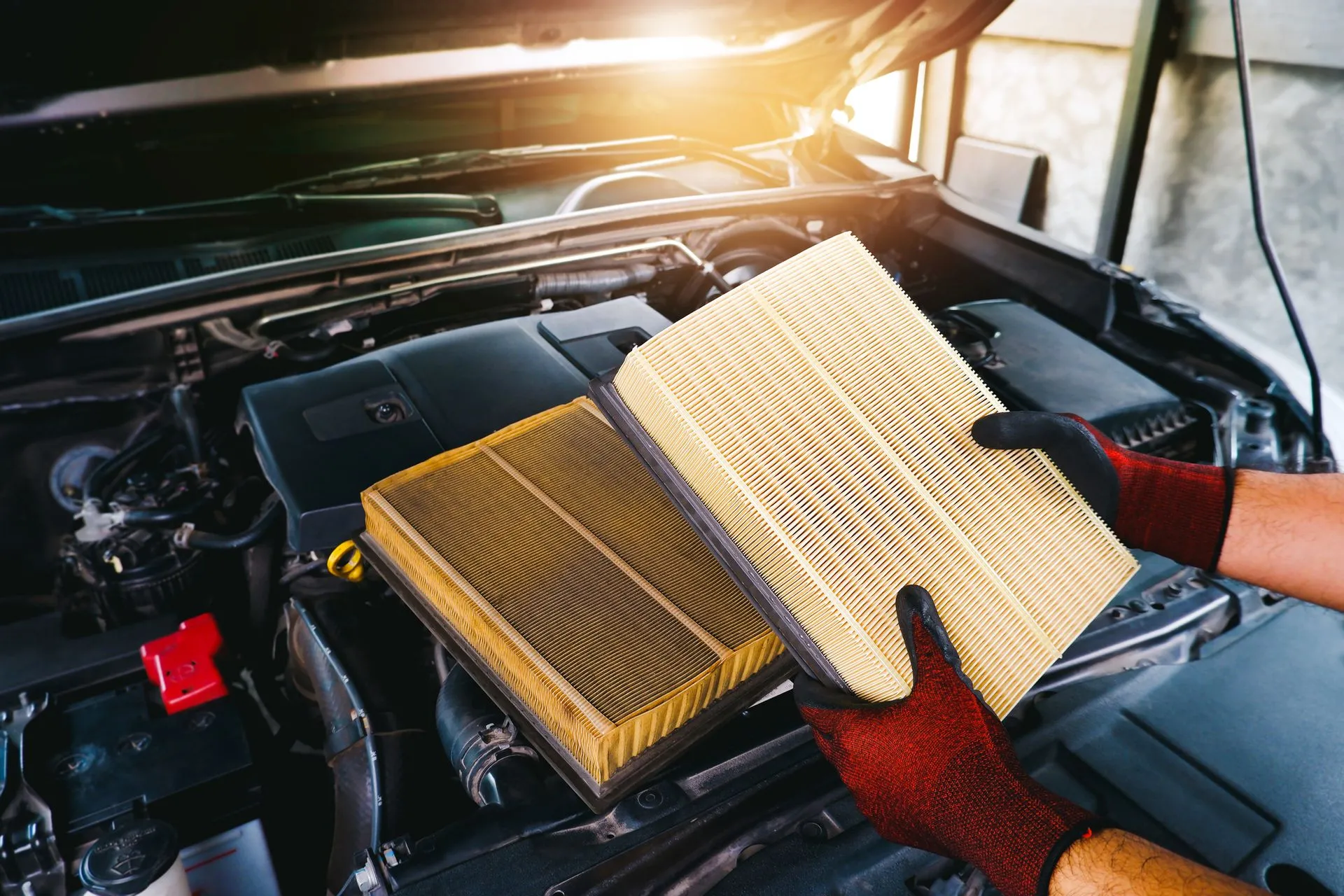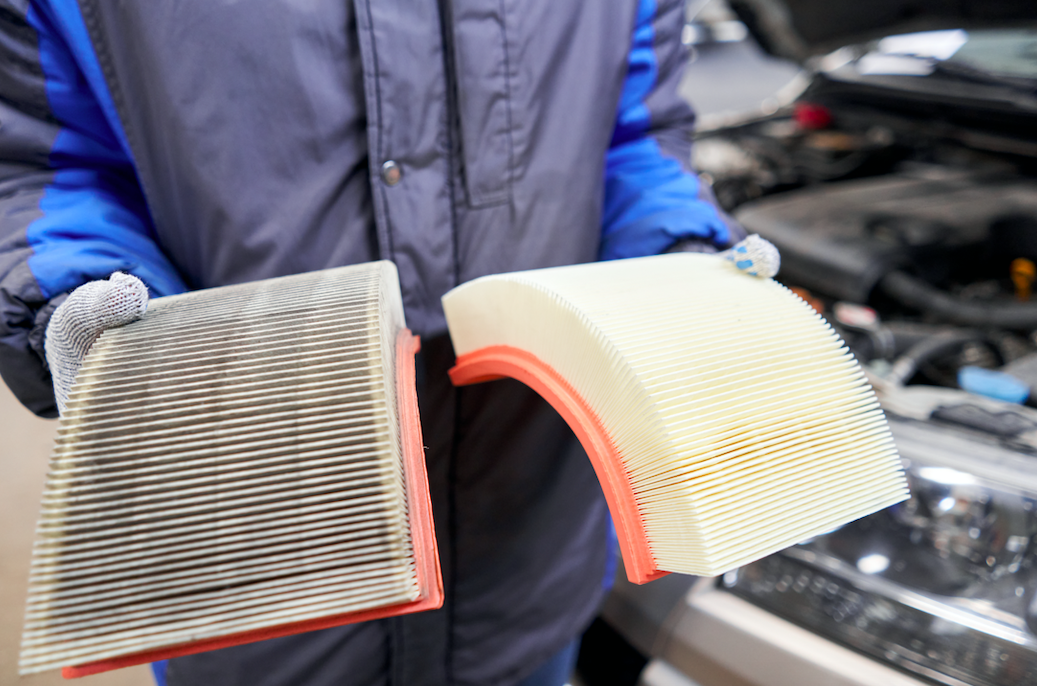Changing your car’s air filter is crucial for maintaining your vehicle’s health and performance. Experts generally recommend replacing the air filter every 12,000 to 15,000 miles, though this can vary based on driving conditions and the type of vehicle. A clean air filter ensures efficient airflow to the engine, which is vital for optimal engine function and fuel efficiency. However, neglecting to replace the filter at the appropriate intervals can lead to performance issues and engine strain.
The air filter plays an essential role in protecting the engine by blocking dirt and contaminants from entering the system. Over time, the filter becomes clogged with debris, reducing airflow and forcing the engine to work harder to intake air for combustion. This strain can result in poor engine performance, reduced fuel efficiency, and even engine damage if the issue isn’t addressed. Regular inspection of the filter for dirt or damage is key to identifying when it needs replacement.
There are several signs that indicate it’s time to change your air filter. A visibly dirty or clogged filter will restrict airflow and cause a decrease in engine efficiency. Overheating can also occur if the engine struggles to pull enough air, which could lead to significant damage. Additionally, if you notice a reduction in power during acceleration, this may be a sign that the engine isn’t receiving enough air due to a clogged filter. It’s also important to check the filter’s mounting points to ensure they are secure, as loose points can allow unfiltered air into the engine.

Replacing your air filter on time, ideally every 12,000 to 15,000 miles, ensures that the engine remains in peak condition. If you often drive in dusty or sandy conditions, you may need to replace the filter more frequently. Fine particles in such environments can clog the filter more quickly, leading to decreased performance and higher emissions. Regular filter replacement not only prevents engine damage but also improves fuel efficiency and reduces maintenance costs in the long run.
When it’s time to replace your air filter, you must first identify the type of filter used in your vehicle. This can be done by consulting your vehicle’s owner’s manual or asking a mechanic. The replacement process involves removing the old filter and installing a new one, ensuring it fits properly. Following the manufacturer’s instructions is important to avoid installation errors and maintain optimal engine performance.
Maintaining your air filter’s cleanliness is equally important for engine health. In dusty or muddy environments, it’s a good idea to clean the filter regularly. If the filter is reusable, gently tap it to remove loose dirt, or use a soft brush and specialized cleaner for a deeper clean. Avoid using water or harsh chemicals, as they can damage the filter material. After cleaning, ensure the filter is completely dry before reinstalling it to prevent moisture buildup, which can damage the engine.
Neglecting to replace or clean the air filter can lead to significant consequences, including reduced engine performance, lower fuel efficiency, and potential engine damage. A clogged filter can prevent the engine from receiving enough air, forcing it to work harder and increasing the likelihood of overheating. Additionally, dirty filters contribute to higher emissions, which is harmful to the environment. To maintain your car’s health and reduce the risk of costly repairs, it’s crucial to replace or clean the air filter at the recommended intervals. Regular maintenance will help keep your vehicle running efficiently for years to come.

